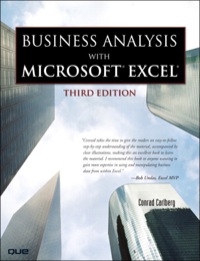The Archibald Firefighters' Arbitration Case Archibald is a city of 100,000 residents in southern Ontario, and the city has passed the end of its labour agreement with the firefighters' union without coming to agreement. The union has asked for a 15% increase in pay over three years, provision for earlier retirement and full income protection for the firefighters' long-term disability insurance in case of injury on the job. The union justifies this position based on the higher wages and benefits of firefighters in nearby Toronto. The union wants to approach parity with Toronto firefighters. The position of the city is that the city cannot afford such a great increase in cost. The average increase in pay for city employees over the past two years has been 2.5% with no increase in benefits. That is what the city is offering. The mayor of Archibald knows that the citizens will not accept a reduction in fire protection. In addition, this year, the mayor is running for re-election and does not want to give political ammunition to his opponent, a firebrand liberal who claims that the current city administration has reduced services, contributing to a drop in local employment To counter the opposition, the mayor has made public statements calling for reduction in city spending and a move toward more privatization of city services to save money. While firefighters could not be replaced by contractors, other services, such as fire inspections which firefighters conduct, could be. The mayor is also publicly advocating a tax reduction for city residents. Knowing this, the current mayor needs a quick solution but cannot be seen as yielding to the union. The mayor's Public Safety Director suggests settling for a pay increase of 6% over 12 months or 8% over two years. The mayor would consider this but must feel that the city gets something in return. Because fire protection is a critically important service, the firefighters cannot go on strike. They can, however, take their case to binding arbitration. The president of the union knows that an arbitrator would probably not give the union everything it has asked for, but has selected this option and exercised the union's right to arbitration because the two parties have bargained to impasse







